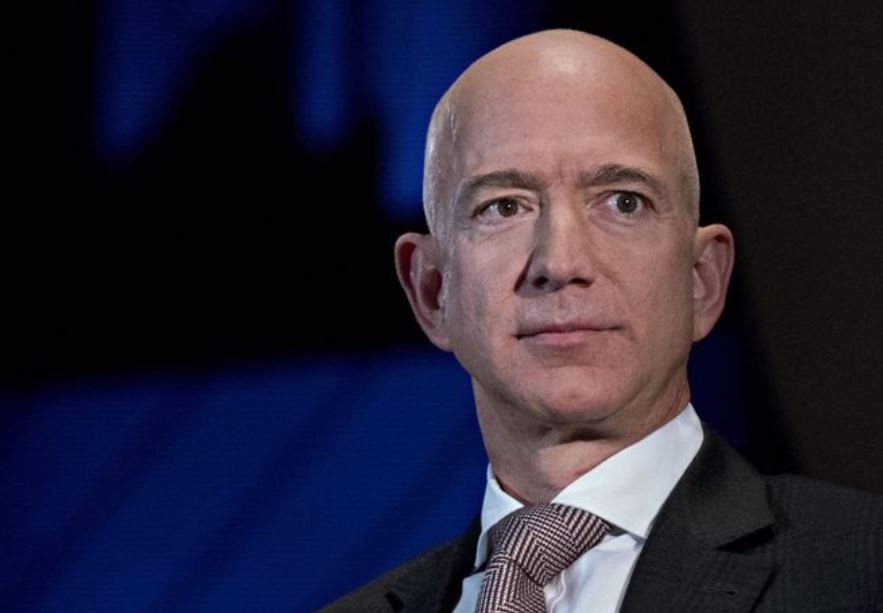×
The Standard e-Paper
Join Thousands Daily

The world's richest 26 people own the same amount as half the global population, a shocking new report has revealed.
The startling gap between the rich and poor was highlighted in Oxfam's Public Good or Private Wealth? Study.